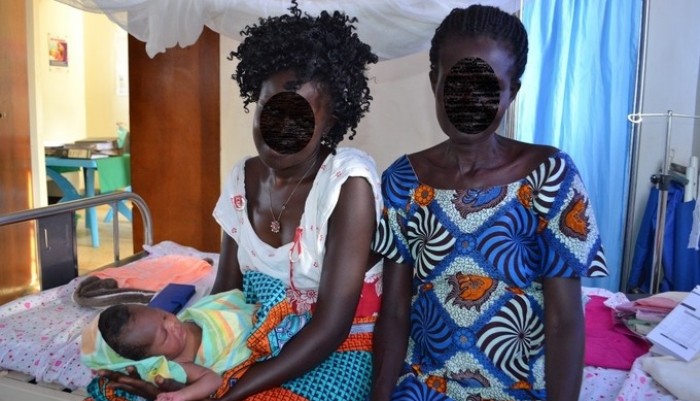
Apr
Basoga Nseete Students Association Prepares for Vibrant Handover Ceremony with Diverse Cultural Showcase
April 25, 2024, 4:58 pm
 Collins Kakwezi
Collins Kakwezi

By Rogers Wanambwa
KIU, Main Campus – Deep budget cuts to education and rising poverty caused by the COVID-19 pandemic could force at least 9.7 million children out of school forever by the end of this year, with millions more falling behind in learning, a new report launched by Save the Children on July 13 warns.
According to the report, girls are likely to be much worse affected than boys, with many forced into early marriage. Children are also likely to be forced into labour markets because of the effects of the COVID-19 lockdown on the livelihoods of many families across the globe.
As a result, Save the Children is encouraging governments and donors to urgently invest in education as schools reopen after a lengthy lockdown, in order to avert this global emergency.
Whereas President Yoweri Museveni has continually reiterated the importance of keeping schools closed to protect Uganda’s 15 million school-going children from COVID-19, the other risks these children face may be equally undesirable.
A New Vision report quotes a 16-year old girl in Kawempe, Kampala who complained of sexual harassment from men in her community and millions of other girls are going through the same ordeal.
If these girls are pregnant by the time schools reopen, they will not be able to resume studies with their peers and they may never rejoin school ever again.
Boys are not spared from the risk. The hard-hitting effects of the lockdown on the livelihoods of families has forced some children into child labour, according to a Reuters report.
The report says that boys have been forced into jobs like hawking eggs, working in food markets as lifters, gold mining and selling alcohol.
This calls for a concerted effort by all stakeholders at the family, community, sub-county, district and national level including law enforcement, sensitization, education and health sectors.
Picture credit: UNFPA Uganda
Kampala International University,
Box 20000, Ggaba Road, Kansanga, Kampala